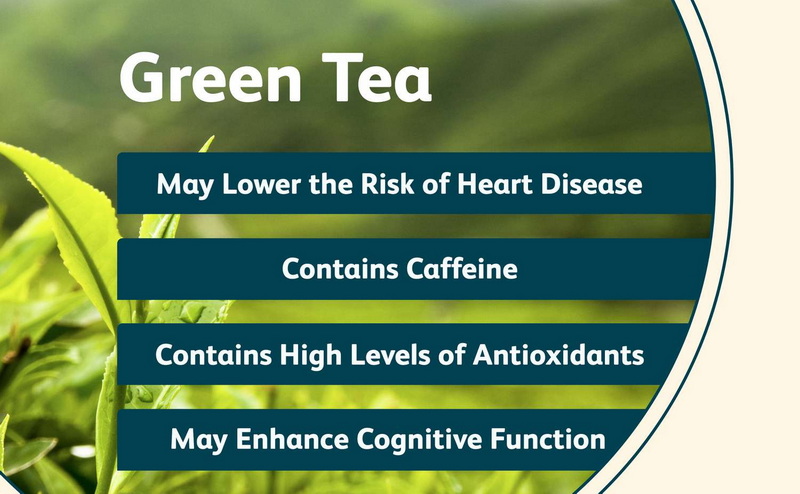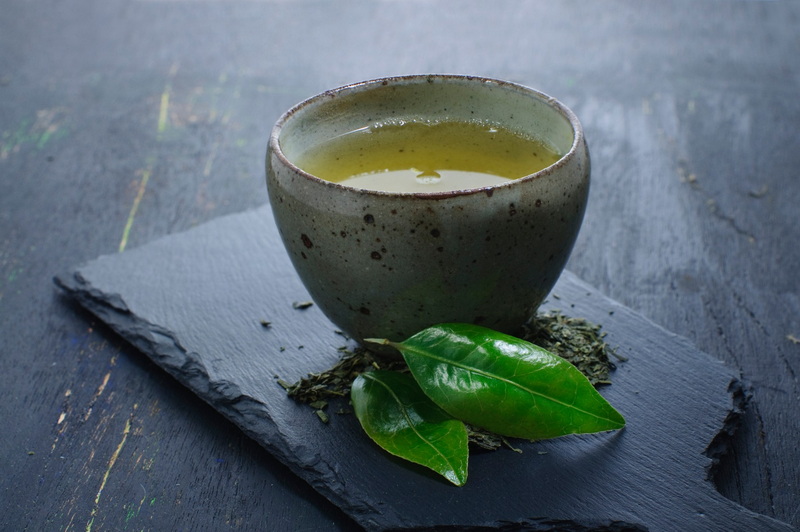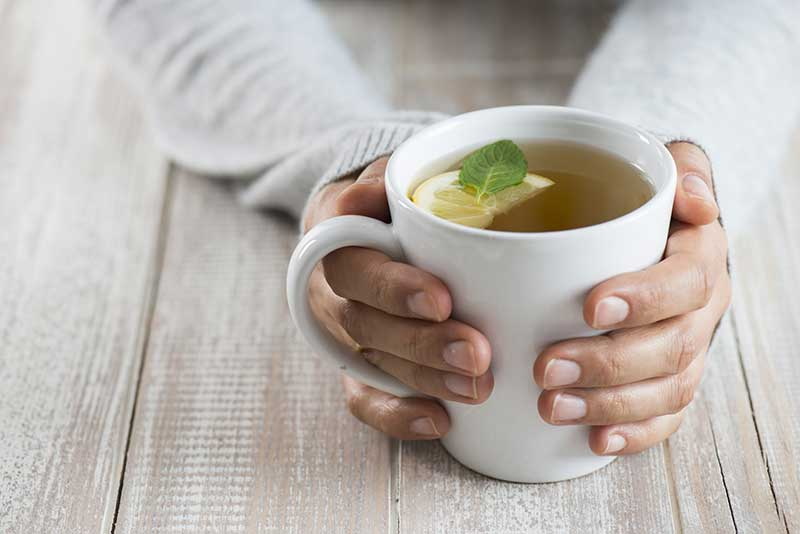Content Menu
● Understanding Green Tea Extract
>> Benefits of Green Tea Extract
● Understanding Coffee
>> Benefits of Coffee
● Caffeine Content Comparison
● Can You Combine Coffee and Green Tea Extract?
>> 1. Caffeine Sensitivity
>> 2. Timing of Consumption
>> 3. Health Considerations
● Potential Benefits of Combining Coffee and Green Tea Extract
>> The Science Behind the Blend
● Health Implications
>> 1. Blood Pressure Effects
>> 2. Liver Health Considerations
>> 3. Interaction with Medications
● Conclusion
● FAQ
>> 1. Is it safe to drink coffee while taking green tea extract?
>> 2. Can I take green tea extract in capsule form with coffee?
>> 3. What are the side effects of combining these two?
>> 4. Does green tea extract enhance the effects of caffeine?
>> 5. How should I space out my consumption?
● Citations:
The combination of coffee and green tea extract has become a topic of interest for many health enthusiasts. Both beverages are rich in beneficial compounds, but they also contain caffeine, which raises questions about their simultaneous consumption. This article will explore the potential effects, benefits, and considerations when combining coffee with green tea extract.

Understanding Green Tea Extract
Green tea extract is derived from the leaves of the *Camellia sinensis* plant and is known for its high concentration of antioxidants, particularly catechins, with epigallocatechin gallate (EGCG) being the most notable. These compounds are linked to various health benefits, including improved metabolism, enhanced brain function, and reduced risk of chronic diseases such as heart disease and cancer.
Benefits of Green Tea Extract
- Rich in Antioxidants: Green tea extract contains powerful antioxidants that help combat oxidative stress in the body.
- Supports Weight Loss: Studies suggest that green tea extract can aid weight loss by increasing fat oxidation and improving metabolic rate.
- Enhances Brain Function: The combination of caffeine and L-theanine in green tea extract can enhance cognitive function and promote a state of calm alertness.
- Heart Health: Regular consumption of green tea extract may lower cholesterol levels and reduce blood pressure, contributing to overall cardiovascular health.
Understanding Coffee
Coffee is one of the most widely consumed beverages globally, known for its stimulating effects due to its caffeine content. It contains several bioactive compounds, including chlorogenic acid (CGA), which has antioxidant properties and may offer various health benefits.
Benefits of Coffee
- Boosts Energy Levels: The caffeine in coffee can help improve alertness and reduce fatigue.
- Enhances Physical Performance: Caffeine increases adrenaline levels, which can enhance physical performance during workouts.
- Rich in Antioxidants: Coffee is a significant source of antioxidants, which help protect cells from damage.
- May Lower Risk of Certain Diseases: Some studies suggest that regular coffee consumption may be associated with a reduced risk of conditions such as Parkinson's disease, type 2 diabetes, and certain types of cancer.
Caffeine Content Comparison
Before discussing the combination of coffee and green tea extract, it's essential to understand their caffeine content:
| Beverage | Caffeine Content (per 8 oz) |
| Coffee | 80-100 mg |
| Green Tea | 30-50 mg |
| Green Tea Extract | Up to 15 mg |
While coffee generally has a higher caffeine content than green tea, the effects of caffeine can vary based on individual tolerance and sensitivity.

Can You Combine Coffee and Green Tea Extract?
Yes, you can consume coffee while taking green tea extract. However, there are several factors to consider:
1. Caffeine Sensitivity
Individuals who are sensitive to caffeine may experience increased jitteriness or anxiety when consuming both beverages simultaneously. It is advisable to monitor your body's response when combining these two sources of caffeine.
2. Timing of Consumption
To maximize the benefits of both beverages without overwhelming your system with caffeine, consider spacing out their consumption. For example, you might have your morning coffee followed by green tea extract later in the day.
3. Health Considerations
Consulting a healthcare professional before combining coffee with green tea extract is recommended, especially for those with underlying health conditions or those taking medications that may interact with caffeine.
Potential Benefits of Combining Coffee and Green Tea Extract
Combining coffee with green tea extract may offer synergistic benefits:
- Enhanced Metabolism: Both beverages have been shown to boost metabolism; their combined effects could potentially enhance fat burning more than either beverage alone.
- Improved Focus: The combination of caffeine from both sources may enhance cognitive function while L-theanine from green tea can mitigate some jittery effects associated with high caffeine intake.
The Science Behind the Blend
The union of these two popular beverages combines two potent compounds: chlorogenic acid from coffee and catechins from pure green tea.
- Chlorogenic Acid (CGA): This compound plays a key role in our health benefits arsenal. It acts as an antioxidant, combating harmful free radicals in your body while promoting weight loss by boosting metabolism rates for clean energy use.
- Catechins: These polyphenolic compounds found in green tea are known for their anti-inflammatory properties and ability to improve metabolic profiles. They work synergistically with CGA to enhance overall health benefits[5][6].
Health Implications
While combining these two beverages can have numerous health benefits, it's important to be aware of potential risks:
1. Blood Pressure Effects
Heavy coffee consumption has been associated with increased blood pressure in some individuals. Conversely, green tea has been shown to lower blood pressure levels[9]. Therefore, individuals with hypertension should monitor their intake closely when consuming both beverages together.
2. Liver Health Considerations
High doses of EGCG found in green tea extracts have been linked to liver toxicity in certain cases[2][4]. If you are taking high doses or have pre-existing liver issues, consult a healthcare professional before combining these drinks.
3. Interaction with Medications
Both coffee and green tea can interact with certain medications. For instance, the caffeine in these beverages may affect how some drugs are metabolized[1][4]. Always check with a healthcare provider if you are on medication that could interact negatively with caffeine or any other compounds found in these drinks.
Conclusion
In summary, it is possible to enjoy coffee while taking green tea extract. However, individual tolerance to caffeine varies greatly, so it is important to pay attention to how your body reacts. Combining these two beverages may offer enhanced health benefits due to their unique compounds working together; however, moderation and timing are key considerations for optimal results.

FAQ
1. Is it safe to drink coffee while taking green tea extract?
Yes, it is generally safe for most people to drink coffee while taking green tea extract. However, individuals sensitive to caffeine should be cautious.
2. Can I take green tea extract in capsule form with coffee?
Yes, you can take green tea extract capsules alongside drinking coffee. Just be mindful of your total caffeine intake.
3. What are the side effects of combining these two?
Potential side effects may include increased heart rate or anxiety due to elevated caffeine levels. Monitor your body's response closely.
4. Does green tea extract enhance the effects of caffeine?
Yes, some studies suggest that the combination of EGCG from green tea and caffeine can enhance cognitive performance and fat oxidation.
5. How should I space out my consumption?
To avoid excessive caffeine intake at once, consider having your coffee in the morning and taking your green tea extract later in the day.
Citations:
[1] https://www.webmd.com/vitamins/ai/ingredientmono-960/green-tea
[2] https://jppres.com/jppres/pdf/vol11/jppres23.1702_11.6.961.pdf
[3] https://pmc.ncbi.nlm.nih.gov/articles/PMC7830344/
[4] https://health.clevelandclinic.org/green-tea-health-benefits
[5] https://fineusatrading.com/blogs/blog/why-green-tea-and-coffee-is-good-for-you
[6] https://pmc.ncbi.nlm.nih.gov/articles/PMC7305783/
[7] https://time.com/7017512/is-green-tea-good-for-you/
[8] https://pmc.ncbi.nlm.nih.gov/articles/PMC10757748/
[9] https://www.ahajournals.org/doi/10.1161/JAHA.122.026477
[10] https://pmc.ncbi.nlm.nih.gov/articles/PMC10563719/






























